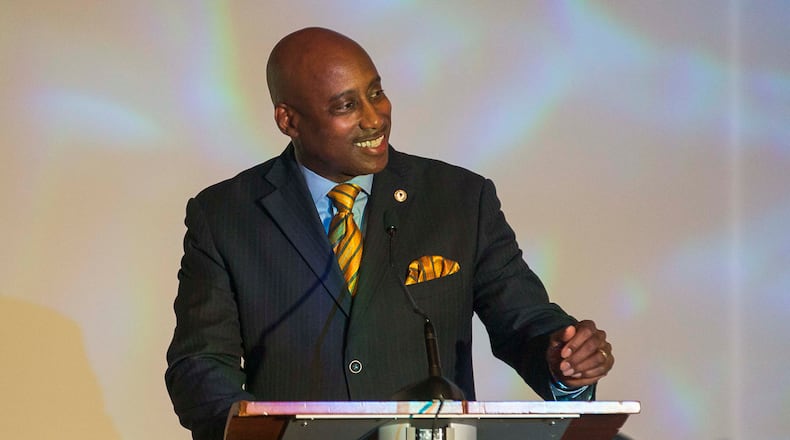Clayton County leaders are considering whether the south metro Atlanta community should take over a financially strapped local alzheimer’s group.
The county’s senior services leader told the Clayton Commission earlier this week that the Alzheimer’s Senior Center, which provides day and overnight care for older Georgians suffering from the disease, is on the brink of closing.
At issue: Its most recent operating expenses of $686,000 far exceeds its budget of $304,000.
“This has been going on for years and years and years, which is why we are where we are now,” Clayton Senior Services Director Tori Strawter-Tanks said. The Alzheimer’s Senior Center, which is independent and not part of Clayton County government, has used fundraisers and grants to stay afloat, she added
The closing of the facility could leave south metro residents with Alzheimer’s and their families without a care option, said Rep. Mike Glanton (D-Jonesboro), who is chairman of the center’s board of directors. The organization has tried in the past to be folded into Clayton, Henry and Fayette County governments but has not had a lot of success.
“Clayton appears to be concerned, supportive and willing to move forward,” he said. “It is better to build on what is already there than to start from scratch.”
About 28 people currently use the facility, which is open on a limited basis because of its budget woes. It has the capacity to serve as many as 50 and is not limited to Clayton residents, though they make up the majority of clients.
If Clayton decides to absorb the facility, it would also need to spend thousands on repairs to the center’s building, including fixing an outdated alarm system, servicing the facility’s fire safety system and repairing and replacing windows and doors, Tanks said.
Clayton Commission Chairman Jeff Turner suggested at a Tuesday Commission meeting that the county could use American Rescue Plan Funds to support the facility until a permanent funding source could be determined. If no alternative source is found, he said the county could raise taxes to pay for operations.
Commissioner Gail Hambrick appeared less enthusiastic. She said there needs to be an audit of the organization, discussion about the possibility of lawsuits associated with care and the cost of additional medical staff.
“I just think this is a decision that the board really, really needs to take serious consideration,” she said
About the Author
The Latest
Featured


